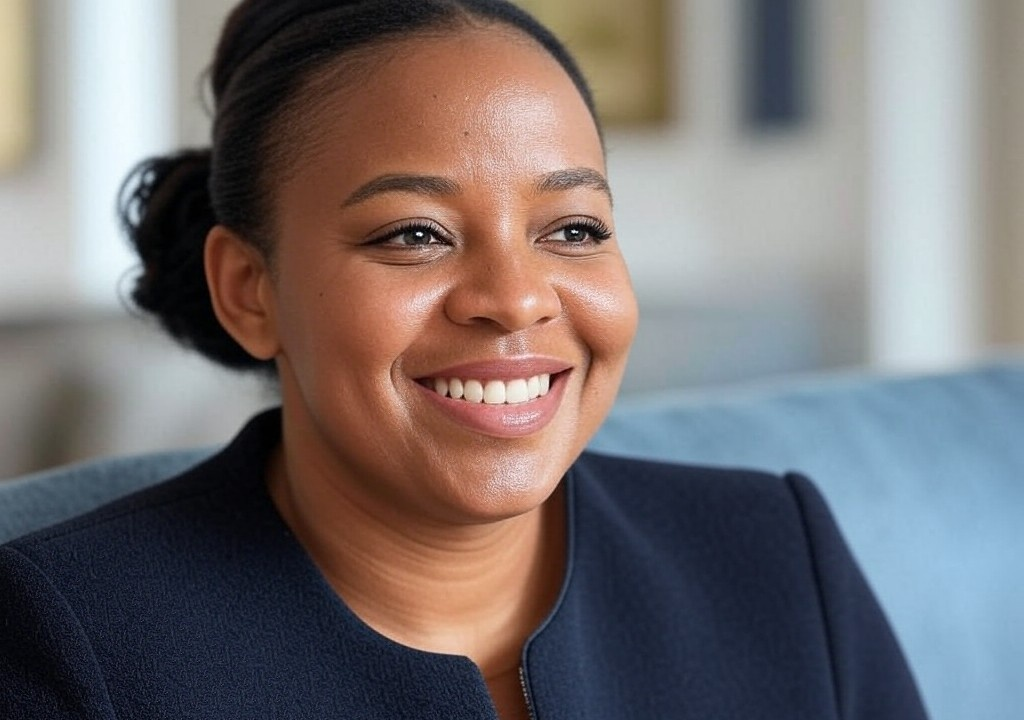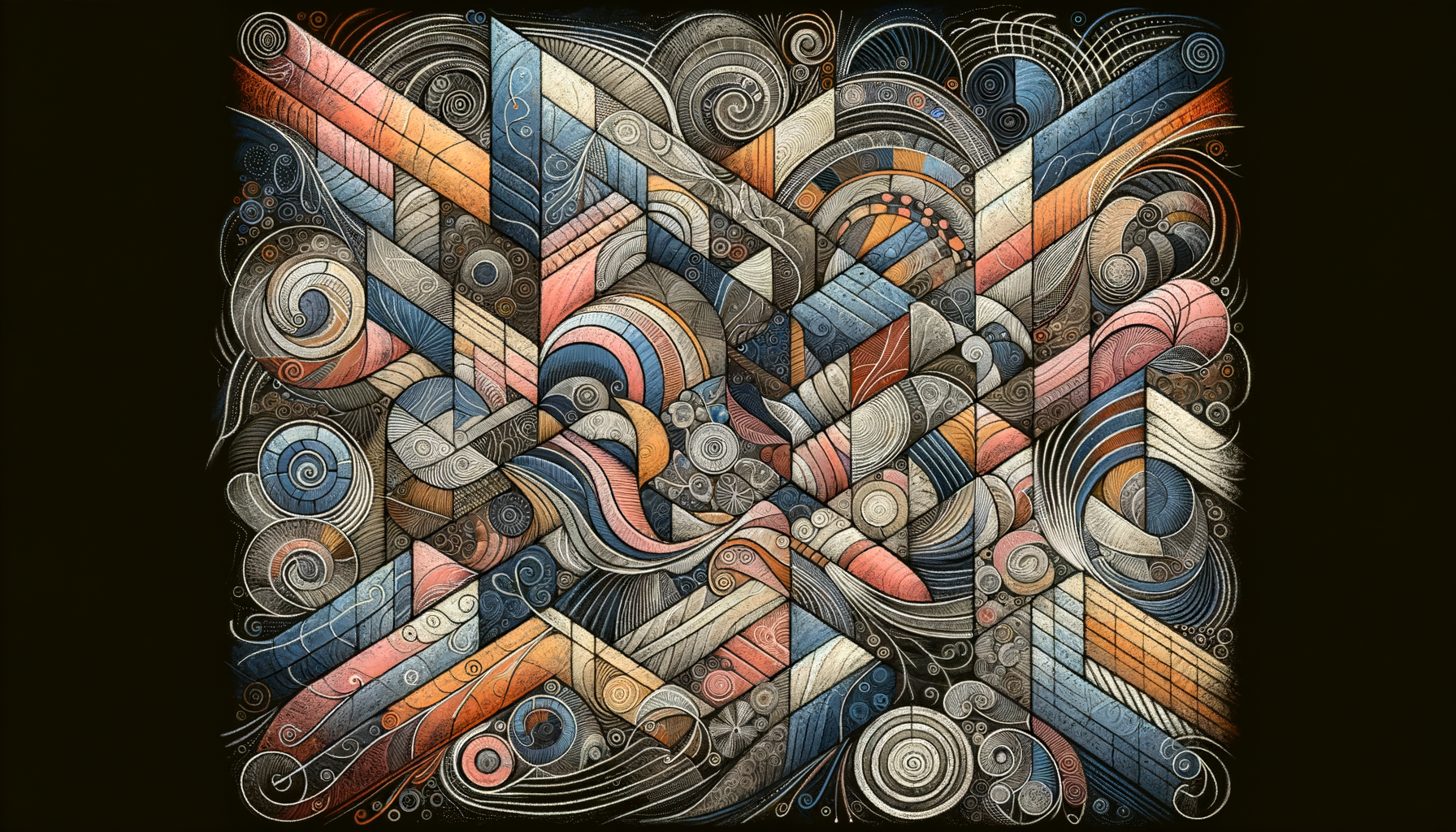Some scars sit just beneath the skin—metaphorical souvenirs from love lost, missed chances, or the time you texted your ex at 2 a.m. with one too many margaritas under your belt (we’ve all been there). Others are worn like badges of honor, proof that you survived something worth surviving. Then there are the literal scars—visible, often stark, yet endlessly telling. Scars, both seen and unseen, remind us of where we’ve been and teach us (sometimes painfully, sometimes hilariously) about resilience, vulnerability, and embracing our beautifully imperfect selves.
Let’s walk through some of my own stories, a few universal truths, and maybe even the messy love lessons that come from wearing our scars well.
The Date That Started With My Hairline Scar
My first brush with literal scarring taught me that you can be both mortified and magnetic in the same moment. Picture this: I was 15, shuffling awkwardly through my first mock “date” at a leadership camp (yes, leadership camp—let’s just call it what it was: extra credit for overachievers disguised as summer fun). The icebreaker question? “What’s something about you most people don’t know?”
I froze. There I was, sitting next to a very cute boy from Chicago, whose voice dripped with the kind of confidence only someone with multiple siblings could muster. What came out of my mouth startled even me: “Well, when I was five, I tripped over my dad’s golf bag and got six stitches in my forehead.” I could feel the weight of every poor decision that led me to this deeply unromantic reveal.
And yet—you guessed it—that moment sparked one of the best conversations of the summer. By the end of it, we were swapping family disaster stories over boxed macaroni and cheese in the cafeteria. The moral? Scars, whether literal or emotional, aren’t something to hide. In fact, they often make you the most relatable person in the room.
Stories Written in Skin (and Hearts)
I’ll bet you’ve got a scar somewhere—a small nick on your ankle from a mishap with a razor or maybe a pale, silvery line etched into your skin like a whisper. Mine? They’re stories tucked away in my elbows, knees, and one faint reminder on my wrist from a not-so-glamorous bike-fall incident halfway through my MFA program.
But here’s the thing: Our scars give us away. They speak to what we’ve tackled, how we’ve stumbled, and—this is especially juicy in the dating world—what risks we’ve been willing to take. Let me tell you, if a scar could talk, it would sound like Erykah Badu humming a very soulful “Next Lifetime.”
And (plot twist!) the same goes for emotional scars. I’ll admit it: I’ve walked out of relationships feeling like the only soundtrack I could bear was Anita Baker crooning “I Apologize.” But those moments have shaped me, too. They revealed blind spots I didn’t know I had, like my tendency to ignore red flags bigger than a Texas football stadium.
The key is owning those scars rather than letting them own you. Which brings us to...
Lessons From the Mess
Every scar—literal or emotional—offers a reminder that your journey isn’t meant to be smooth. Before you roll your eyes and dismiss this as “Hallmark card rhetoric,” let me go there with you. Think about any great cinematic love story. Would Titanic have even made sense if Jack and Rose walked off hand-in-hand to rebook another cruise? Would Olivia Pope and Fitz have been as electric without all the drama (like, let’s be real, all of it)? Scars make the story.
Here’s how to embrace them:
- Don’t drape yourself in denial: You got burned when you ignored your gut? Write it down, name it, own it. There’s power in being honest with yourself.
- Find strength in softness: Vulnerability isn’t a weakness—it's a flex. If a past scar deserves a retelling (even to yourself), flip the narrative. “I opened up too soon” becomes “I love how deeply I feel for others.”
- Laugh—please, laugh: Humor is healing. For example, I once did the relationship version of falling on my face by inviting a college boyfriend to Thanksgiving before realizing I didn’t even want him as a study partner. Nothing says closure like giving yourself permission to cringe.
Changing the Plotline
Scars are storytellers and truth bombers, but they’re also script editors. In love, we tend to stumble into patterns, often without realizing it. You trip over one poorly communicated text string or one FOMO-induced swipe sesh, and suddenly you’re back to dating someone who checks all the “wrong-for-you” boxes. Trust the scars you’ve earned to tell you when it’s time to change the narrative.
Here’s a metaphor I hold close: Love is a house you build with a hundred tiny repairs and upgrades. The scuffed floors remind you why you can’t let little things stay broken. A wall repainted after an argument? Proof that old misunderstandings don’t have to stay on display. You get to choose when to sand things down, when to reinforce cracks, and when to lovingly put up an “out of order” sign.
Scars and Second Chances
Sometimes, owning your scars creates unexpected new beginnings. A friend of mine went through a bad breakup that left her feeling like starting over was laughably impossible. In one of those late-night, soul-baring calls we women have mastered, she confessed, “I just feel like damaged goods.” By the next day, she had decided to reclaim the narrative: she signed up for pottery classes (thank you, TikTok hype) and gave herself the freedom to live—not for someone else, but for herself. One year later? She met her fiancé during a discussion on hand-thrown vases.
The lesson here is this: Scars aren’t the end of the story—they’re chapter headings. They remind you who you were before, but they also push you to take chances again. Risk is part of the human condition, and you’re the better for having leaned into it.
Wrap It All Together—You’re Worth the Story
Whether it’s the tiny scar on your shin or the ache in your chest from that relationship you thought would last forever, your scars are what make you, you. They’re proof of a thousand risks, one heartbreak, and exactly seventeen bad haircuts that taught you resilience.
So, the next time someone asks about your scars, whether over a candlelit dinner or on a lazy Sunday afternoon, tell them the truth. Every single one is a story worth sharing. And in the end, isn’t that exactly what love is—a series of stories woven together by risk, courage, and the hope that someone will see you as both bold and beautifully imperfect?
Embrace your scars, sis. They’re not baggage—they’re backpacks filled with lessons.




















